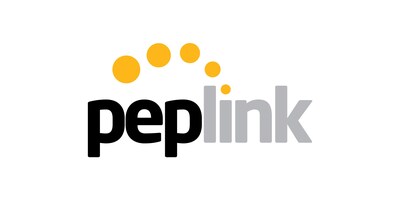Consumerization of IT: Emerging Trend in Business Tech

Consumerization, or the consumerization of IT, refers to the increased use of employee-owned tech devices — as well as consumer-driven online services such as data storage, email and social media — in the workplace. The trend represents a shift in how businesses adopt new technologies.
In the past, big businesses and government agencies provided the latest tech tools for their employees to use at work. These products — desktop computers, fax machines, scanners, etc. — trickled down to smaller businesses and eventually, individual consumers.
But in the 21st century, this trend has reversed. Consumers are now typically the first adopters of new tech — think smartphones, tablets and laptops — and businesses usually adopt them after they’ve become ubiquitous.
Consumerization has had several important ramifications on how companies conduct business and has spawned the development of powerful new technologies.
Bring Your Own Device (BYOD)
The consumerization of information technology is frequently discussed in conjunction with the recent workplace trend of bring your own device (BYOD).
As a younger generation of professionals began entering the workforce after the new millennium, the lines between personal and professional technologies became increasingly blurred.
Where the IT department once issued company phones and computers to be used strictly for work purposes, companies now found that their tech-savvy employees prefer to use their own devices both in and out of the office.
While this may have been irksome at first for IT personnel, many companies quickly realized that allowing employees to bring their own devices meant spending far less money on new technology. In many cases, it also meant increased productivity from constantly-connected employees.
And so the BYOD trend has grown into a full-on revolution, and it’s spawned the development of new technologies that help IT managers keep employee-owned devices secure and help employees keep personal and professional data separate.
The Cloud
The advent of BYOD also meant an increased reliance on mobile technology, particularly cloud computing. Cloud computing lets employees store and share files over the Internet.
Thanks to the cloud, employees can access company files, applications and networks anywhere their work takes them. The business world abounds with cloud-based services offering support for everything from bookkeeping to marketing.
But at the heart of cloud computing, as well as BYOD in general, are certain security risks. One of the biggest risks inherent in these consumerization-related trends is the inability of IT managers to secure all of a company’s data. With so many different devices and services being used to store and share information, data has lots of opportunities to get lost or stolen.
But according to experts in the field of cloud computing, by implementing certain BYOD strategies and creating a top-down policy for data security, businesses can both fully embrace consumerization while maintaining the integrity of their IT departments.



